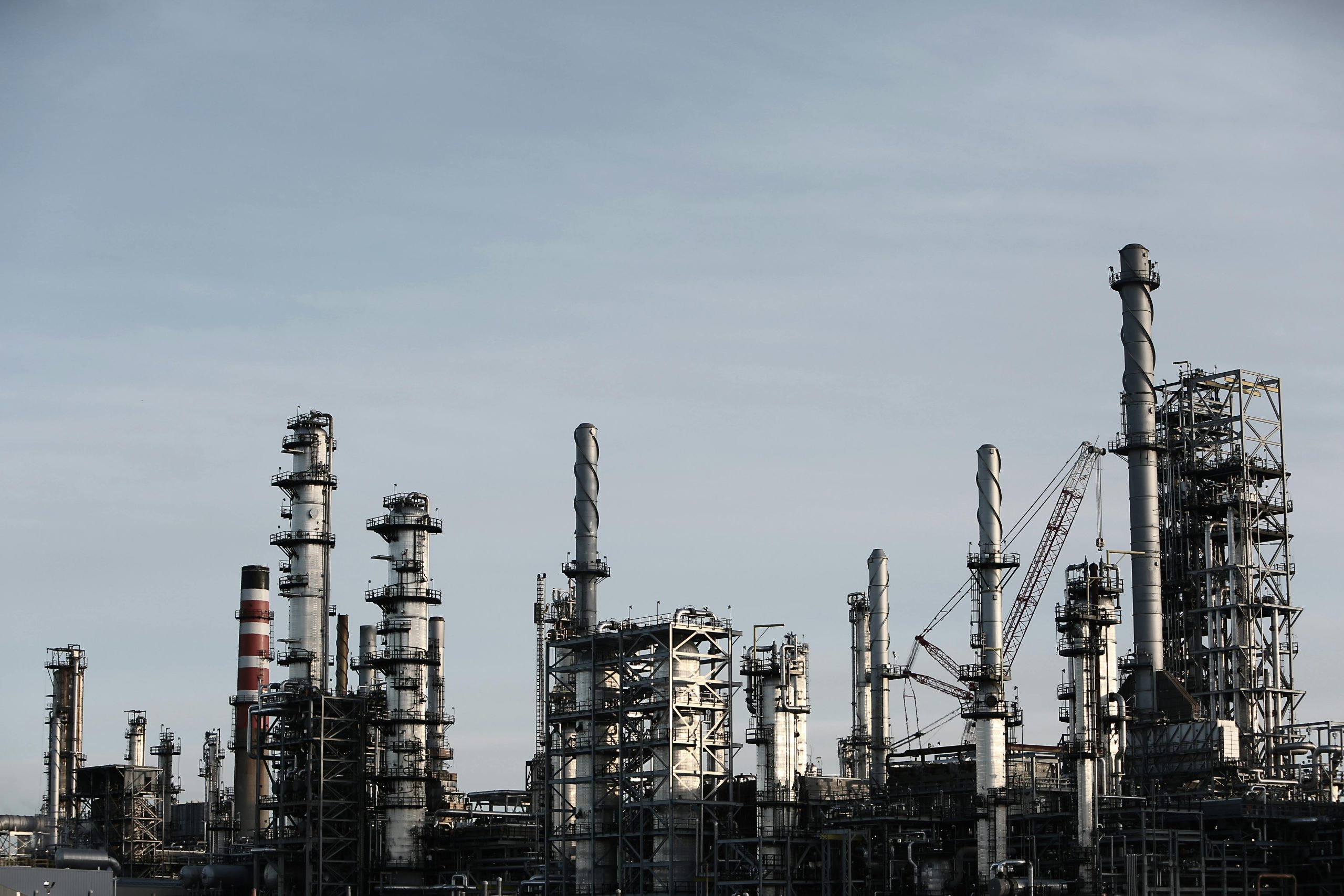With the launch of the $20.5 billion Dangote Refinery, Nigeria is rewriting the story of energy in Africa. This world-class facility, which boasts a processing capacity of 650,000 barrels per day, isn’t just the largest in Africa — it outpaces even the biggest refineries in Europe. And its impact is already rippling through Nigeria’s economy, the continent’s energy landscape, and the global oil market.
So what does this mean for Nigerians, African nations, and the rest of the world? Let’s take a closer look.
A Game-Changer for Nigeria’s Economy
For years, Nigeria has faced a frustrating contradiction: we export crude oil in massive quantities but rely heavily on importing refined petroleum products. The Dangote Refinery is set to change that. By processing crude oil locally, Nigeria will save billions of dollars annually in foreign exchange, money that can now be invested in healthcare, education, and infrastructure.
Beyond economic savings, the refinery is a major job creator. Thousands of people were employed during its construction, and the operational phase is generating even more opportunities for engineers, technicians, logistics experts, and support staff.
As production scales, the refinery is expected to contribute significantly to Nigeria’s GDP and public revenue through taxes and other levies.

Fueling Africa’s Energy Independence and Industrial Future
It’s not just Nigeria that benefits. With its strategic location in Lagos and access to maritime routes, the refinery is positioned to serve West Africa and beyond with refined petroleum products, reducing the reliance on fuel imports from Europe.
This shift particularly strengthens regional trade ties, all in line with the goals of the African Continental Free Trade Area (AfCFTA). It’s a step toward a more self-reliant Africa that is less vulnerable to shocks in the global supply chain.
The Dangote Refinery is also a symbol that large-scale, globally competitive infrastructure can be built right here on African soil. It proves that Africa can take charge of its own development and attract the investment needed to do so.
The ripple effects are already being felt in other sectors, particularly petrochemicals. The increased availability of raw materials from refining operations will benefit industries such as plastics, fertilizers, and manufacturing, further accelerating Africa’s industrial growth.
Disrupting the Global Oil Market
The rise of the Dangote Refinery is also causing a shake-up in global oil dynamics, particularly in Europe. Nigeria has already cut back on gasoline imports from European suppliers, who are now being forced to find new buyers and rethink their place in a world where Africa is becoming more self-sufficient.
What’s especially notable is that Dangote’s refinery capacity outpaces even Europe’s largest refinery, the Pernis facility in the Netherlands. This underscores a new era of industrial leadership from the Global South.
A Balanced Approach to Growth
While the economic benefits are exciting, it’s also important to acknowledge the environmental and social impact of such a massive project.
Large-scale refining comes with environmental risks, from emissions to potential harm to local ecosystems. However, the Dangote Refinery’s use of modern, cleaner technologies shows a commitment to reducing its environmental footprint.
Socially, the refinery is transforming nearby communities. Better roads, improved infrastructure, and employment opportunities have raised living standards, but long-term success will depend on maintaining this balance between growth and community well-being.

The Road Ahead
Africa is no longer just a supplier of raw crude; it’s now home to one of the world’s largest and most advanced refineries. But with this new role come new responsibilities.
Efficient fuel distribution across the continent will require investment in logistics and transport infrastructure. Maintaining competitive pricing will be key to making refined products accessible while ensuring the refinery remains profitable. And as the world gradually shifts toward renewable energy, the refinery must continue to innovate to stay relevant.
Conclusion
The Dangote Refinery isn’t just a win for Nigeria, it’s a game-changer for Africa. It signals a bold shift in how the continent manages its natural resources, powers its industries, and positions itself in the global economy.
For Nigeria and the rest of the continent, the message is loud and clear: the future of energy is African. And it’s already underway.


